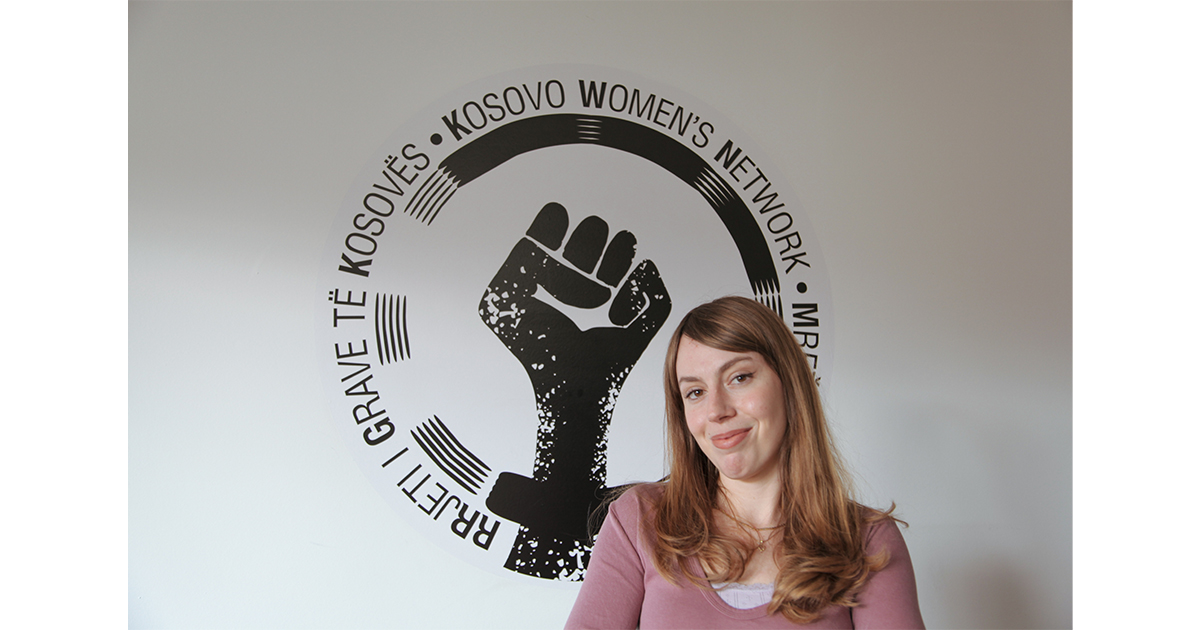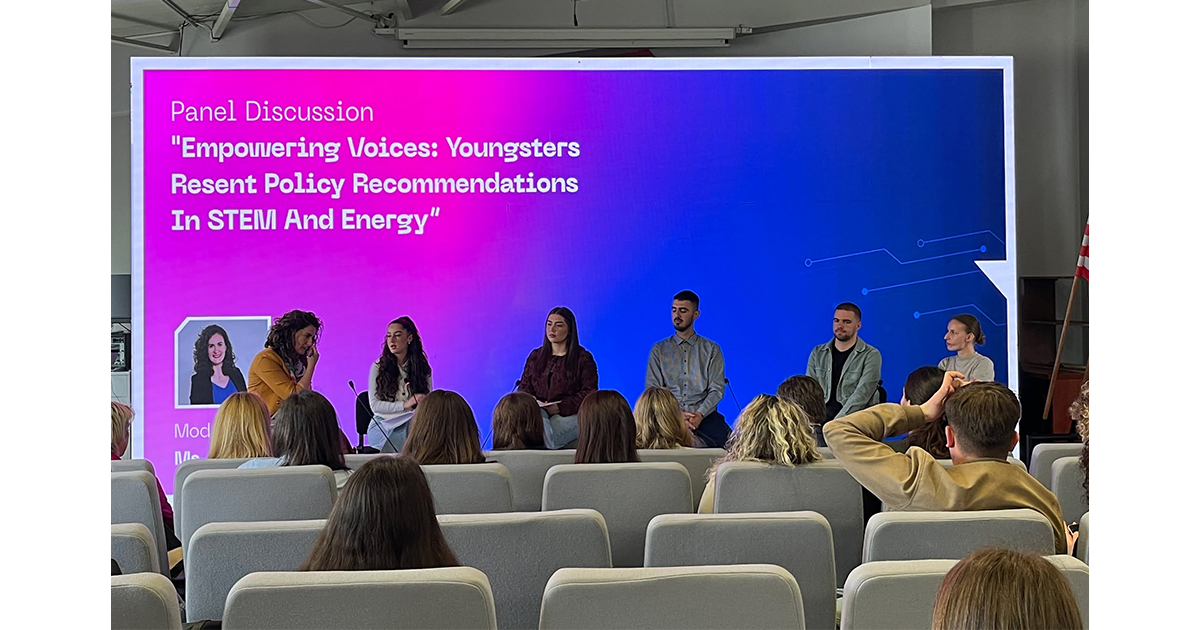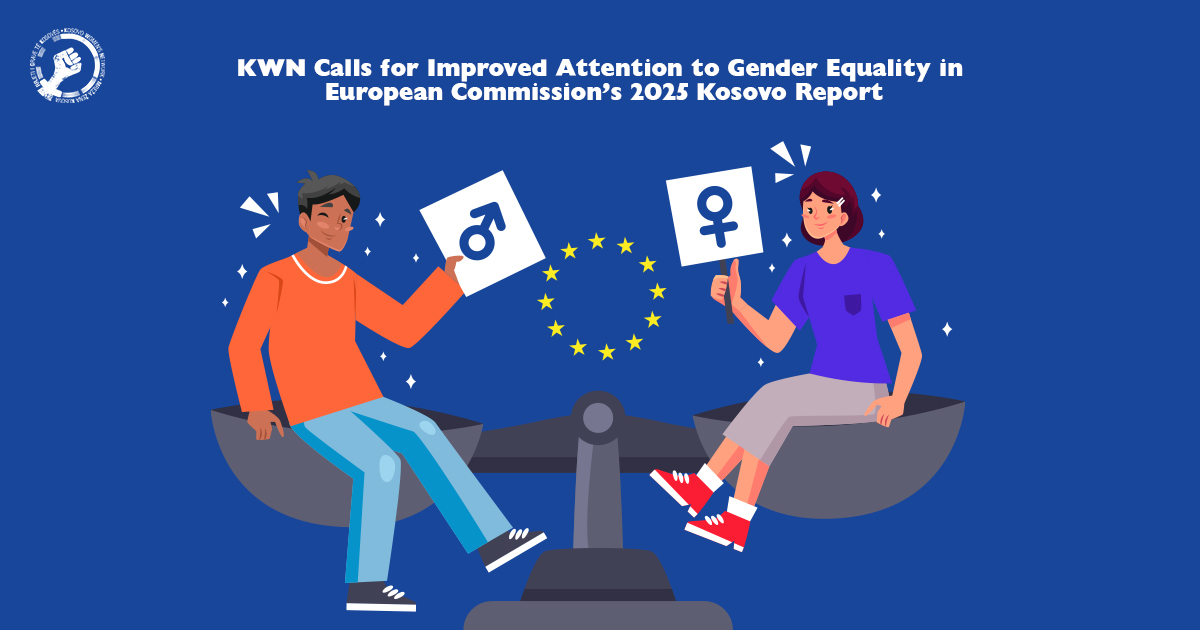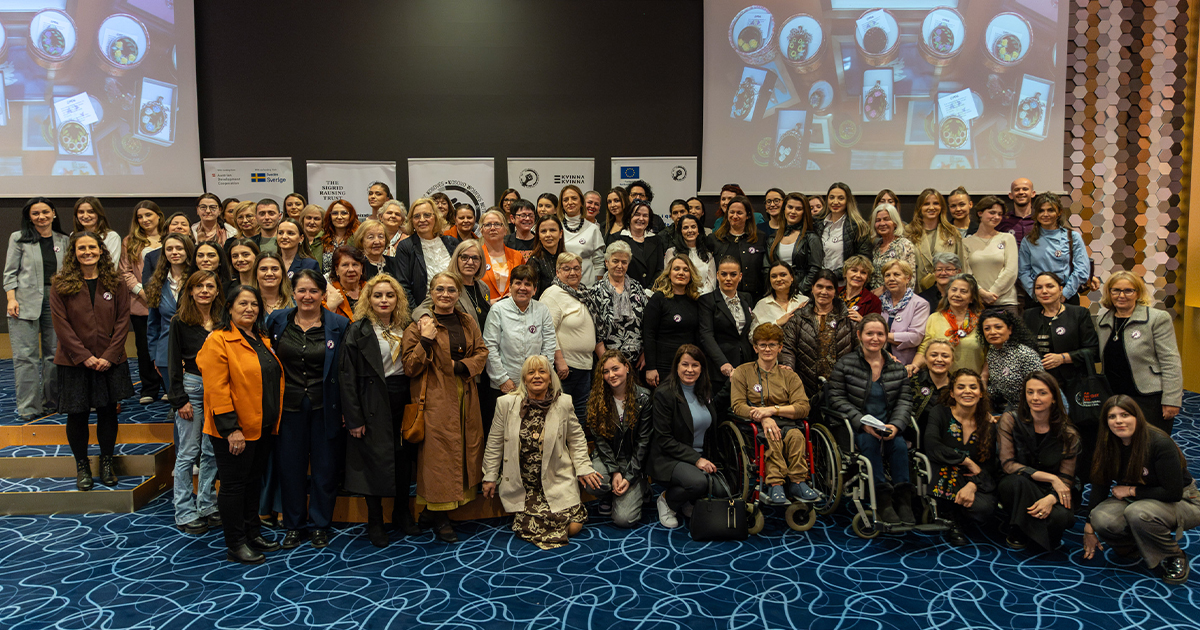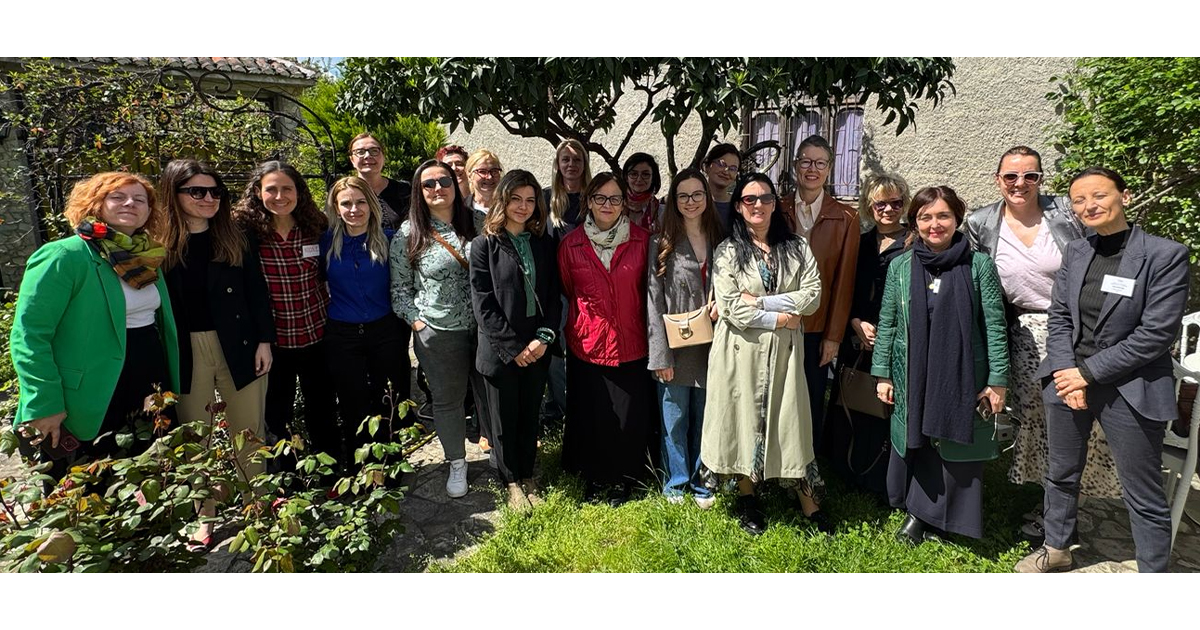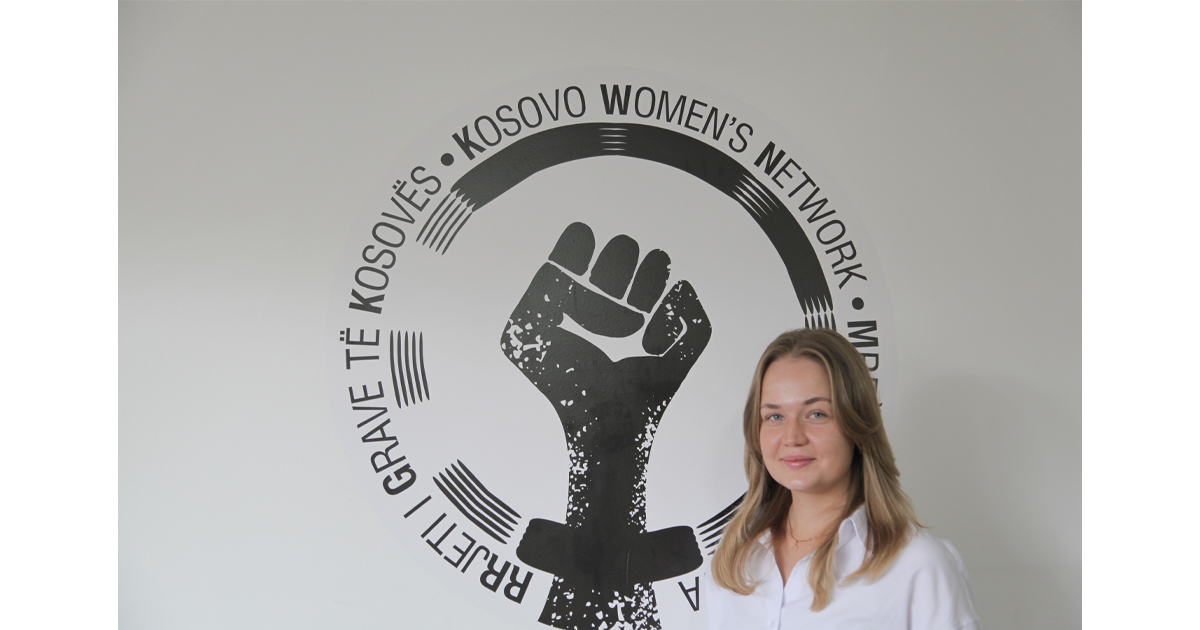Kosovo Women’s Network (KWN) has been advocating for an improved gender perspective in national laws, public policies, strategies and national and local budgets for several years now. This included working directly with relevant representatives of Kosovo’s institutions in training and mentoring them to gender mainstream these types of documents. However, how does one translate this somewhat technical language to students?
Sara Nicole Baxley, faculty staff at the American University of Kosovo (AUK), invited Iliriana Banjska, Gender Analyst at KWN, to hold a lecture on this topic on the 3rd of April of 2018. This was the second time KWN was invited to do so. During the fall semester in 2017, KWN’s Program Manager and Lead Researcher, Nicole Farnsworth, held a similar lecture for a group of AUK students. Because of its big success and student’s appreciation of it, AUK wanted to repeat it.
This time around students were informed about Kosovo’s legal framework pertaining to gender equality and provisions which oblige public institutions to implement gender mainstreaming in policy making and implementation. Iliriana proceeded by giving a practical explanation of the methodology KWN uses in its work related to gender mainstreaming. With very clear examples, students became familiarised with how to meaningfully integrate a gender perspective in public policies.
Finally, in order to really get a feel of what it means to amend policies in order for them to be more gender sensitive, students were split up in groups of five and were given an existing policy to review and comment on from a gender perspective. This practical exercise proved to be very effective as students discussed together and presented back to the group which, together with Iliriana, provided feed-back on their work. The creativity the students showed gave room for positive outlook on the future of gender mainstreaming, as this generation will potentially be the new policy makers of Kosovo who at a young age took a step towards understanding the importance and value of considering diverse women’s, men’s, girls’ and boy’s needs in policy making.

